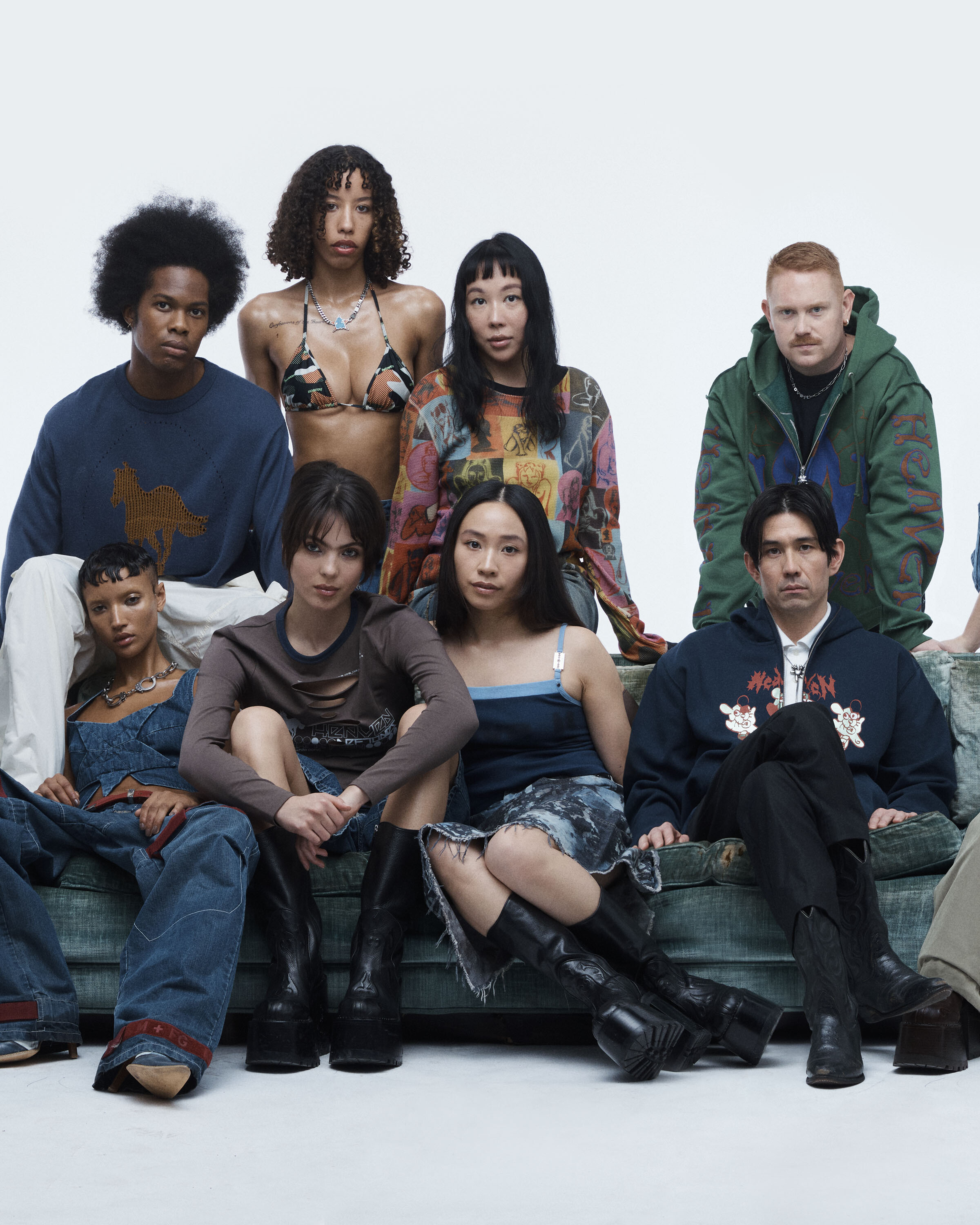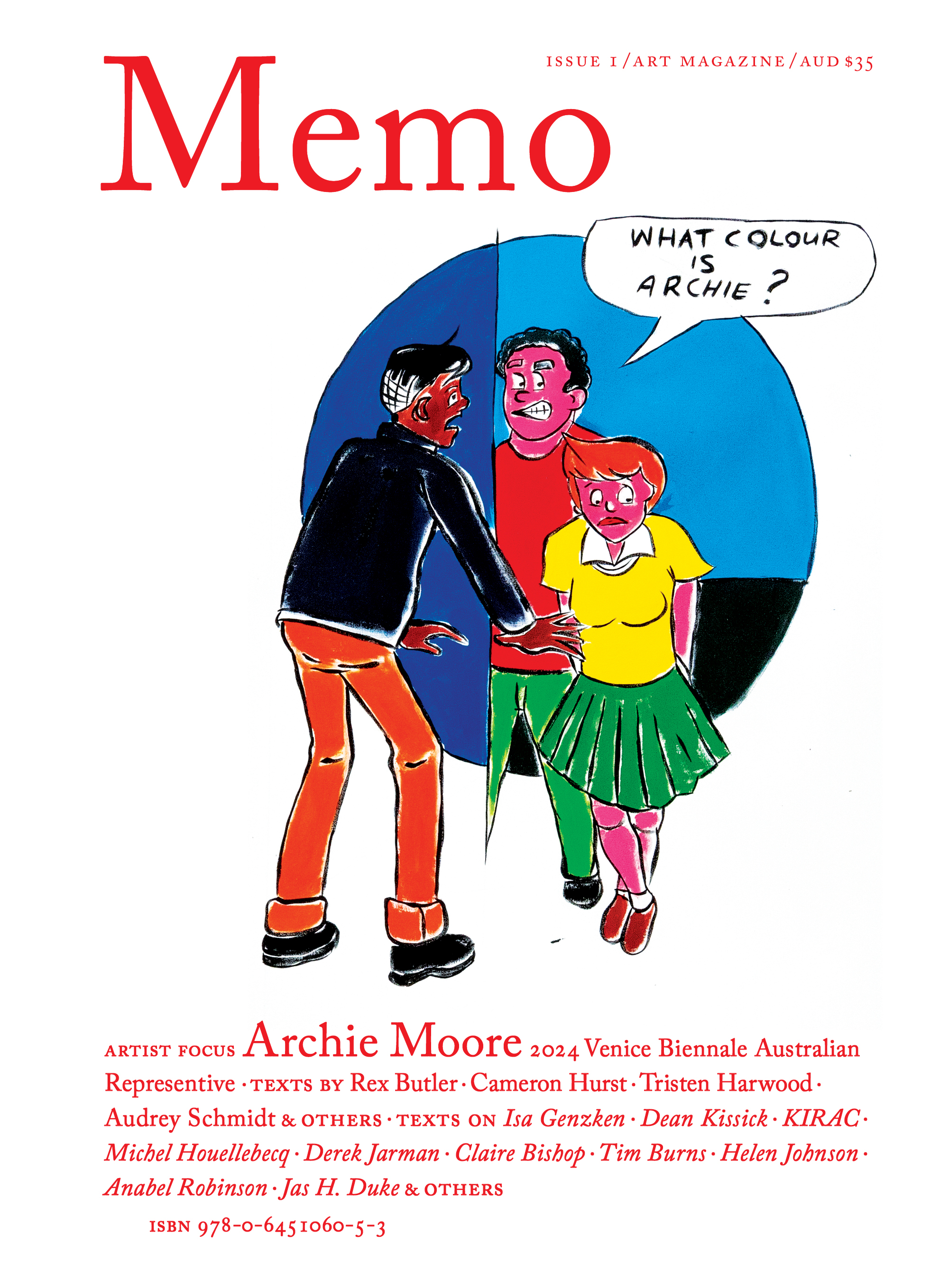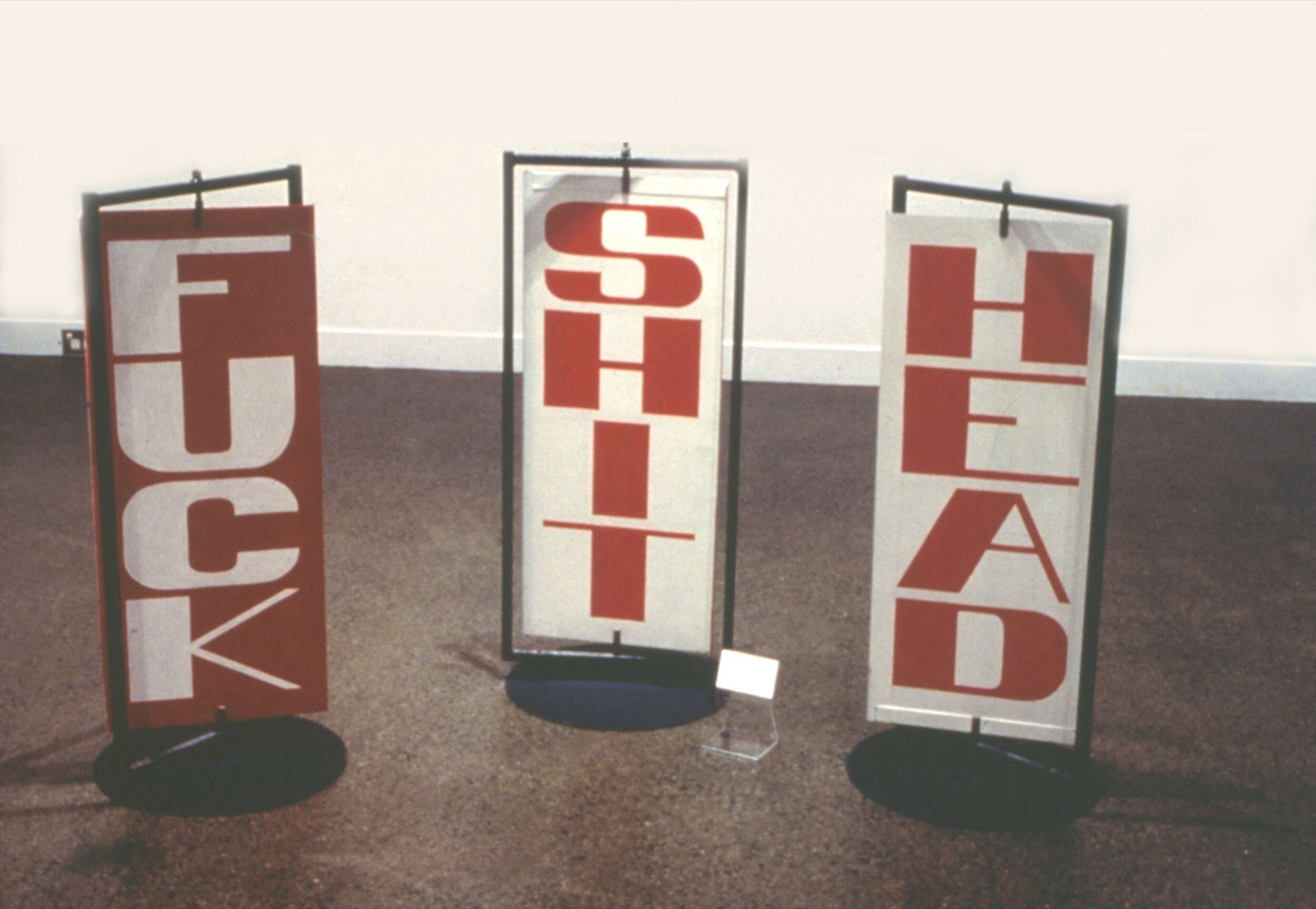Archival Research Art—Claire Bishop
Claire Bishop critiques “research art” as text-heavy and citation-driven, but her Eurocentric framing misses artists like D Harding and Megan Cope, whose work transforms research into lived cultural practice.
By Callum McGragh
Issue 1, Summer 2023/24
Drawing on contemporary art’s obsession with history over the last thirty years, Claire Bishop’s recent polemic “Information Overload,” published in the April 2023 edition of Artforum, argues for a fresh framing that, in her eyes (at least linguistically), departs from the canon of history-oriented art. Rather than restricting herself to artists whose work directly reflects the so-called archival turn, Bishop paints broader strokes — analysing the forms, methods, and audience engagement with projects that either reproduce or engage with research. Bishop’s definition of research art is tracked alongside the changes in arts education, looking to the “decisive influence” of doctoral programs for artists where artistic practice is “supplemented by written research.” Complicating this, Bishop contends that, simultaneously, the current paradigm of research-obsessed art has proliferated in tandem with the rise of the internet and has liberated the “artist-researcher from academic protocols … governed by drift rather than depth.”
Exclusive to the Magazine
Archival Research Art—Claire Bishop by Callum McGragh is featured in full in Issue 1 of Memo magazine.
Get your hands on the print edition through our online shop or save up to 20% and get free domestic shipping with a subscription.
Related

Dean Kissick’s Downward Spiral chronicled the art world’s contradictions with the breathless urgency of an end-times prophet. Now, with the column closed and the critic in semi-exile, the question lingers: was he a voice of his generation, or just another scenester burning out on his own myth?

